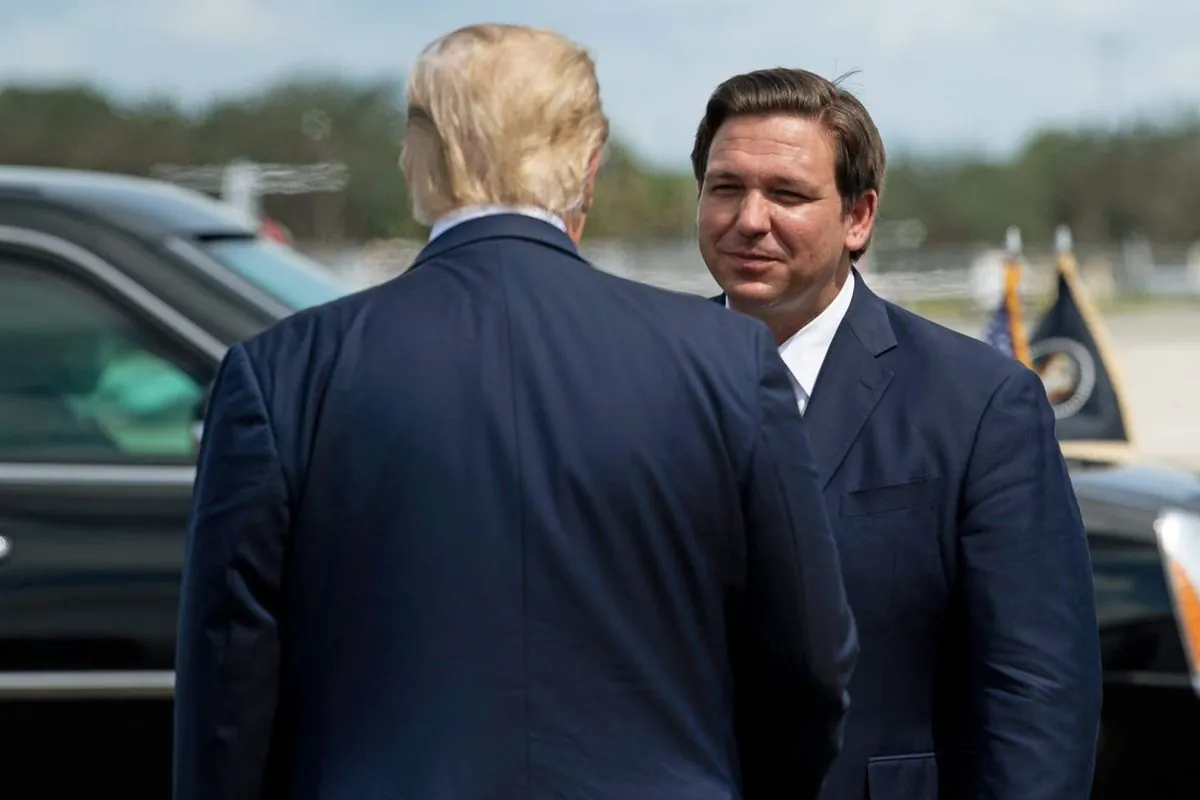As the 2024 U.S. presidential election approaches, Wall Street executives find themselves in a quandary, hesitant to fully support either Donald Trump or Kamala Harris. This indecision stems from concerns about the potential economic impacts of each candidate's policies and their broader implications for the nation's financial landscape.
Donald Trump, the Republican candidate and former president, has a track record of implementing Wall Street-friendly measures. However, many executives worry that his policies could lead to economic instability. Trump's promises of tax cuts and deregulation are appealing to some, but these potential benefits are overshadowed by concerns about his proposed import tariffs, which could trigger inflation and widen the U.S. deficit.
On the other hand, Kamala Harris, who became the Democratic candidate in late July 2023 after President Biden's exit from the race, remains somewhat of an unknown quantity to many in the financial sector. While seen as a potentially steadier hand, there are concerns that she might continue the regulatory crackdown on lucrative Wall Street businesses initiated under the Biden administration.
"Most expect Trump to continue where he left off, which is certainly more populist, protectionist and aggressively deregulatory. But they're eager to better understand who Harris is and what she believes."
The financial sector's hesitation is reflected in campaign contributions. As of August 2023, donors tied to the securities and investment sectors had given $8.7 million to the Biden/Harris campaign, compared to about $3 million to Trump. However, these figures do not represent the full picture of financial support.
Some executives express concerns about Trump's impact on democratic institutions and the rule of law, citing his role in the January 6, 2021 attack on the U.S. Capitol and his felony conviction. Additionally, there are worries about his stances on Federal Reserve independence, immigration, and abortion rights.
Harris' economic plan, which analysts predict could be better for the economy overall, includes tax hikes that might affect company earnings and stocks. However, it could partially offset an expected widening of the deficit. Harris has emphasized her tough stance on banks from her time as a prosecutor and has pledged to continue efforts to eliminate hidden bank fees.
For many firms, the ideal scenario appears to be a Harris presidency coupled with a Republican-controlled Senate. This combination could potentially block tax increases and necessitate the appointment of moderates to key positions.
The upcoming election also raises questions about agency appointments and the role of populism in shaping financial policy. Some executives worry that a more populist Trump administration might appoint inexperienced loyalists to key positions, while others believe he would again select traditional industry conservatives.
As the election draws nearer, Wall Street continues to grapple with these complex considerations, weighing the potential impacts on the economy, regulatory environment, and broader societal issues. The financial sector's ultimate stance may play a crucial role in shaping the economic landscape of the United States in the years to come.
